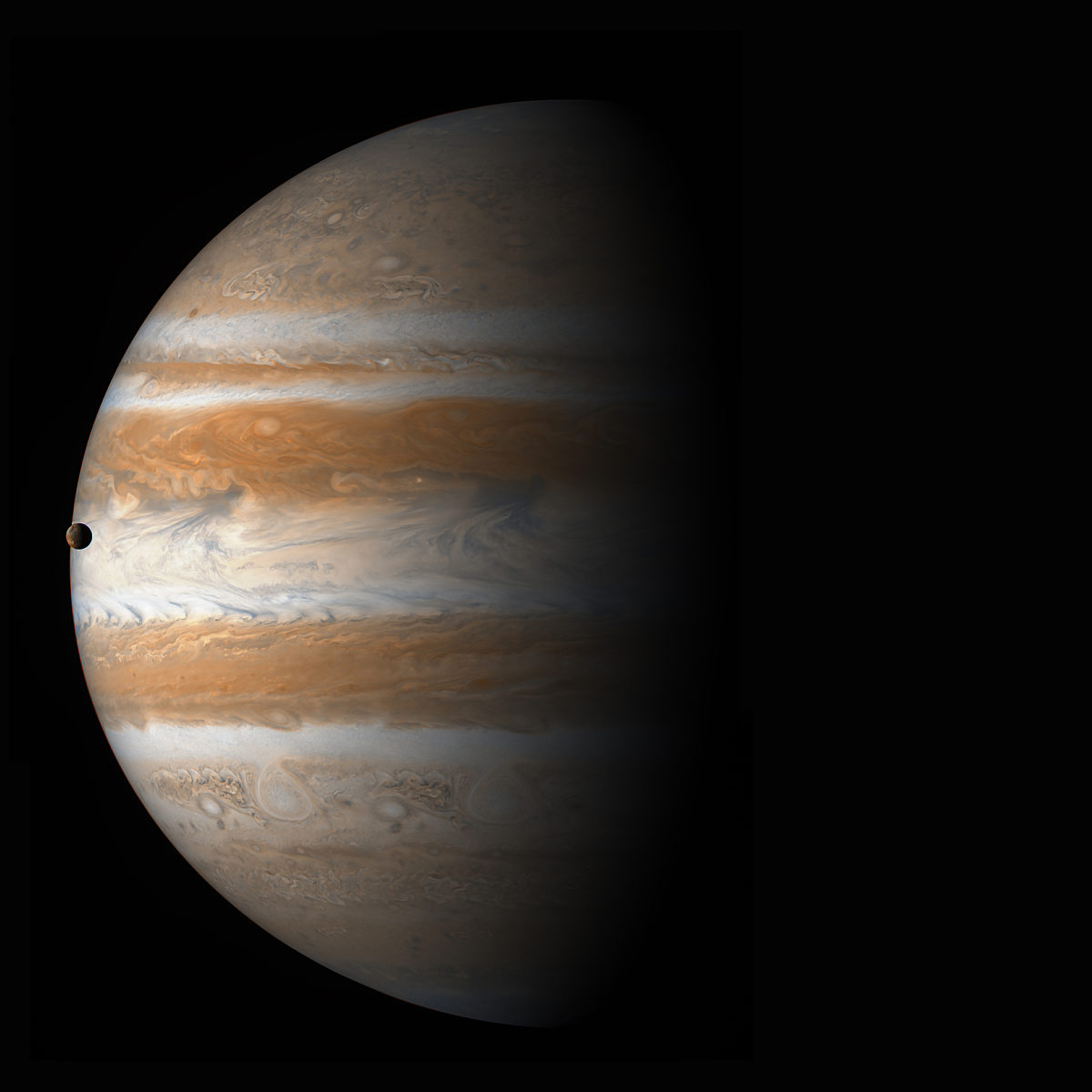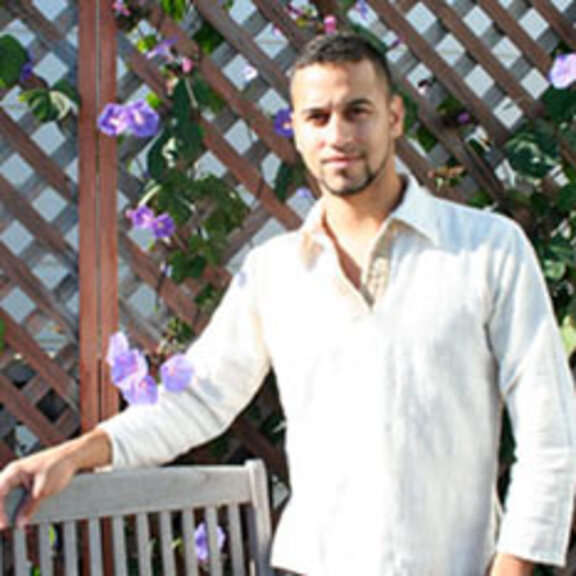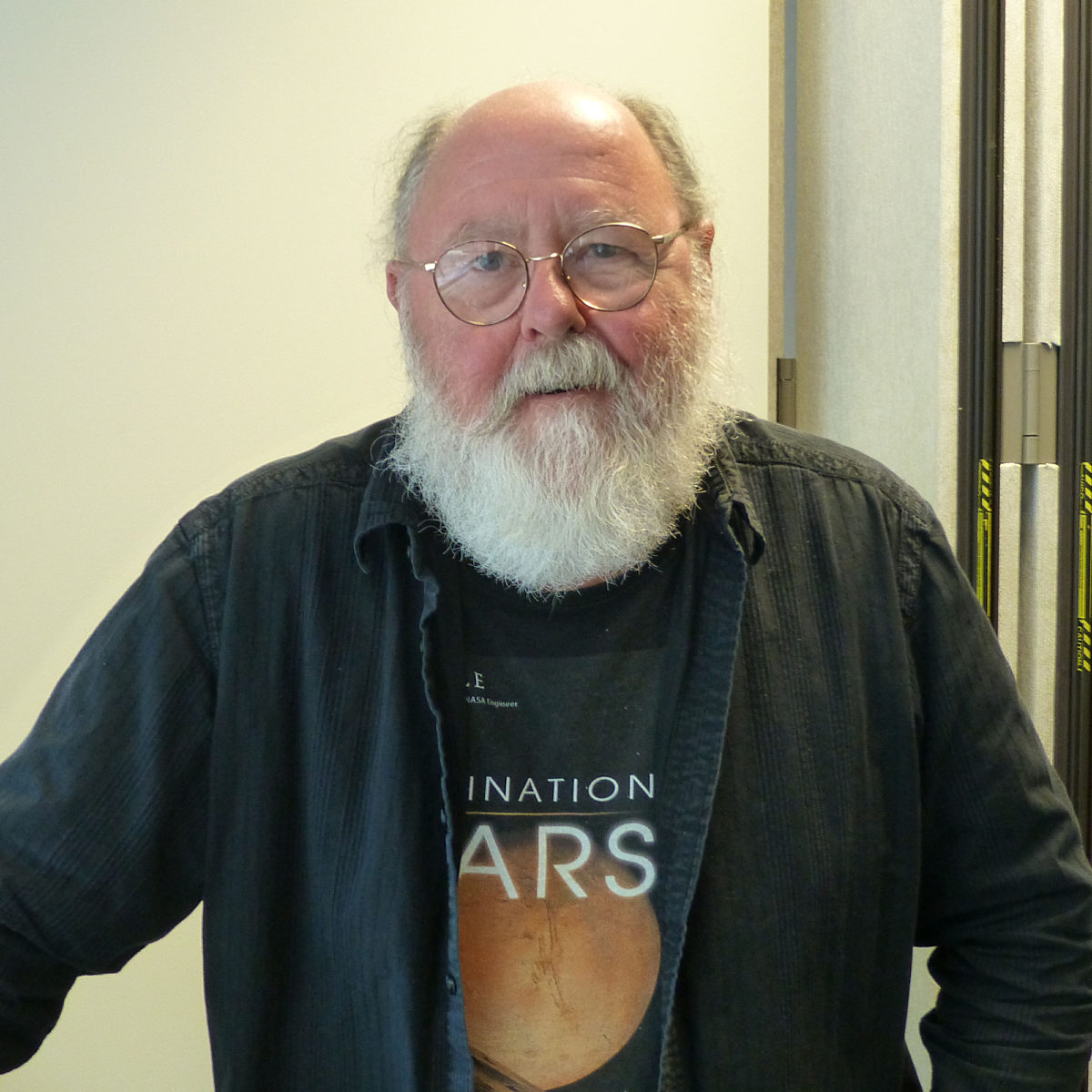Since 2002, Planetary Radio has visited with a scientist, engineer, project manager, advocate, or writer who provides a unique perspective on the quest for knowledge about our Solar System and beyond. The full show archive is available for free.
Search Planetary Radio
Bill Nye helps us welcome the Planetary Society’s new president who also leads a new Moon mission, while China’s lunar sample return spacecraft is headed home.
China has big plans for a space station, exploration of the Moon and Mars, and possibly a mission that will follow Voyager beyond the edge of the solar system.
With missions like Chang’e 4 on the far side of the Moon, China has firmly established itself as a leader in space exploration. Space journalist Andrew Jones helps us explore the nation’s ambitious near and long-term plans.
China's space program notched an impressive "first" last month when its Chang'e 4 spacecraft landed on the far side of the Moon. The U.S. space program, in contrast, was in the midst of an extended shutdown. Some observers expect China's growing space capability and lunar ambitions to trigger a new space race. Not Dr. Roger Handberg, Professor of Political Science at the University of Central Florida. He discusses how the current geopolitical situation differs from the Cold War standoff between two superpowers, and how we shouldn't expect dollars to flow back to the U.S. space program as a consequence of China's space successes. Cooperation, or even friendly competition, is a much more likely outcome than a new space race.
Juno will enter Jupiter orbit on July 4th. Mat Kaplan talks with the mission’s Principal Investigator, Scott Bolton at the Jet Propulsion Laboratory. Bill Nye helps prepare us for this exciting encounter and the science that will follow.
Mike Brown and Konstantin Batygin fully expect a new and undemotable ninth planet will be found in the outer reaches of the solar system. The Caltech researchers talk about their findings and much more.
6,000 job-seekers came to the new Long Beach, California home of Virgin Galactic’s LauncherOne rocket on a recent morning. We sit down with CEO George Whitesides for a conversation about this new effort and the return of SpaceShipTwo.
Joe Liske, host of Hubblecast, is also the top scientist on the European Southern Observatory’s European Extremely Large Telescope (E-ELT), now under construction on a Chilean mountaintop. “Dr. J” tells us what this largest ever telescope will help us discover.
It was a terrible, tragic week for commercial space development. Historian and space policy analyst John Logsdon helps up understand the greater meaning of the SpaceShipTwo and Antares disasters on this special edition of Planetary Radio, with additional thoughts from Bill Nye.
Principal Investigator and physicist Bruce Macintosh joins astronomer Franck Marchis to celebrate first light from the most powerful instrument for imaging exoplanets.
What a long, wonderful trip it has been for Spirit and Opportunity, the Mars Exploration Rovers. Planetary Society reporter A.J.S. Rayl has been writing about their adventure every month for ten years. She looks back on this week’s show.
The annual fall meeting of the American Geophysical Union revealed lots of science, some of it astounding. Emily Lakdawalla was there with Advocacy and Outreach Coordinator Casey Dreier, whose news was not quite as good.
The life of explorer and teacher Dr. Bruce Murray was celebrated last November 10th at Caltech. This week we present a few excerpts from the tributes paid to the former JPL Director and co-founder of the Planetary Society.
Casey Dreier tells the winding tale of Plutonium 238, the radioactive isotope that is vital for exploration of the solar system. The US came dangerously close to exhausting its supply. Even with production restarted, there are major challenges facing explorers.
Leonard David has been writing about space exploration for more than five decades. Now he has turned his attention to China’s ambitious plans.
The internationally renown string quartet talk about creating and performing Terry Riley's Sun Rings, that incorporates Don Gurnett's space sounds.


 Explore Worlds
Explore Worlds Find Life
Find Life Defend Earth
Defend Earth















